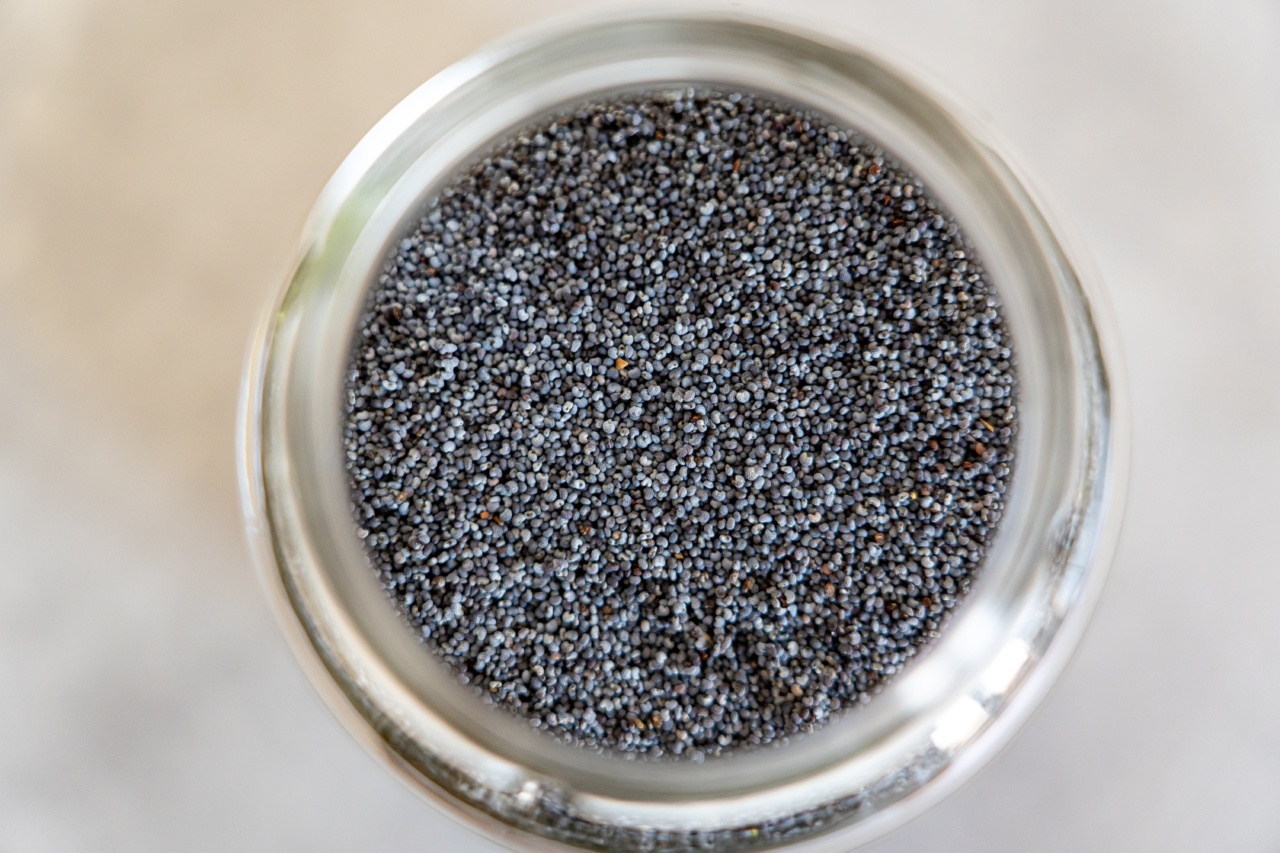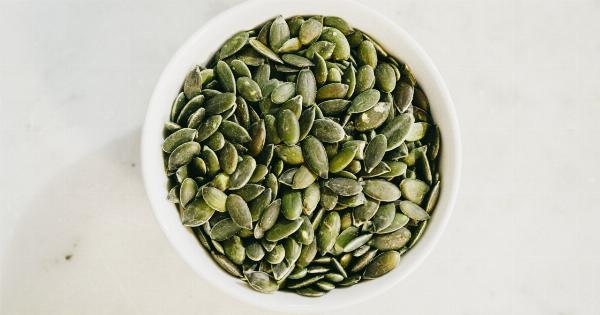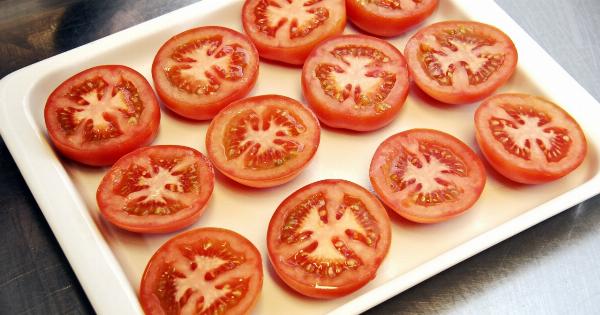Seeds are often overlooked as a healthy food source, however, they are in fact, loaded with essential nutrients.
Different seeds have different nutrient profiles, but almost all of them are high in healthy fats, protein, and fiber, and also contain vitamins and minerals. Here are ten seeds with high nutrient density that you should consider incorporating into your diet.
1. Chia Seeds
Chia seeds are loaded with fiber, protein, and omega-3 fatty acids, making them one of the healthiest seeds available. They are also a good source of calcium, magnesium, and potassium.
In fact, just one ounce of chia seeds contains 18% of the recommended daily intake of calcium.

2. Hemp Seeds
Hemp seeds are high in protein, healthy fats, and fiber. They are also a rich source of vitamins and minerals, including magnesium, phosphorus, and vitamin E.
Hemp seeds have been shown to lower the risk of heart disease and improve overall health and well-being.

3. Pumpkin Seeds
Pumpkin seeds are one of the best sources of magnesium, which is essential for maintaining healthy bones and muscles. They are also a good source of zinc, which is important for immune function and wound healing.
Additionally, pumpkin seeds are rich in antioxidants, which protect the body from free radical damage.

4. Flax Seeds
Flax seeds are another great source of omega-3 fatty acids, as well as fiber, protein, and lignans. Lignans have been shown to have anticancer properties, and flax seeds have been linked to a reduction in the risk of breast cancer.
Additionally, flax seeds can improve digestive health and lower cholesterol levels.

5. Sesame Seeds
Sesame seeds are a good source of protein, healthy fats, and fiber, as well as several essential minerals, including calcium, iron, and magnesium. They are also rich in antioxidants and have been shown to have anti-inflammatory effects on the body.

6. Sunflower Seeds
Sunflower seeds are high in healthy fats, protein, and fiber. They are also a good source of vitamin E, which has been shown to have powerful antioxidant properties, and minerals like copper and selenium.
Additionally, sunflower seeds can help reduce inflammation in the body.

7. Pomegranate seeds
Pomegranate seeds are rich in antioxidants, particularly polyphenols, which have been linked to a reduction in the risk of chronic diseases, such as cancer and heart disease. They are also a good source of fiber, vitamin C, and vitamin K.

8. Quinoa
Quinoa is a seed that is often used as a grain and is a complete protein, meaning that it contains all of the essential amino acids that the body needs. It is also a good source of fiber, iron, and magnesium.
Quinoa has been linked to a reduction in the risk of chronic diseases, such as diabetes and heart disease.

9. Poppy Seeds
Poppy seeds are a good source of calcium, as well as healthy fats and fiber. They are also a good source of thiamin and zinc, which are important for energy production and immune function, respectively.
Poppy seeds have been shown to reduce inflammation and improve digestive health.

10. Wheat Germ
Wheat germ is the part of the wheat kernel that is removed during the refining process, making it a highly nutritious seed.
It is high in protein, fiber, and healthy fats, as well as several essential vitamins and minerals, including vitamin E, folate, and iron. Wheat germ has been linked to a reduction in the risk of chronic diseases, such as heart disease and diabetes.

Overall, seeds are a highly nutritious food source that should not be overlooked. Incorporating these ten seeds into your diet can help boost your overall health and well-being.





























